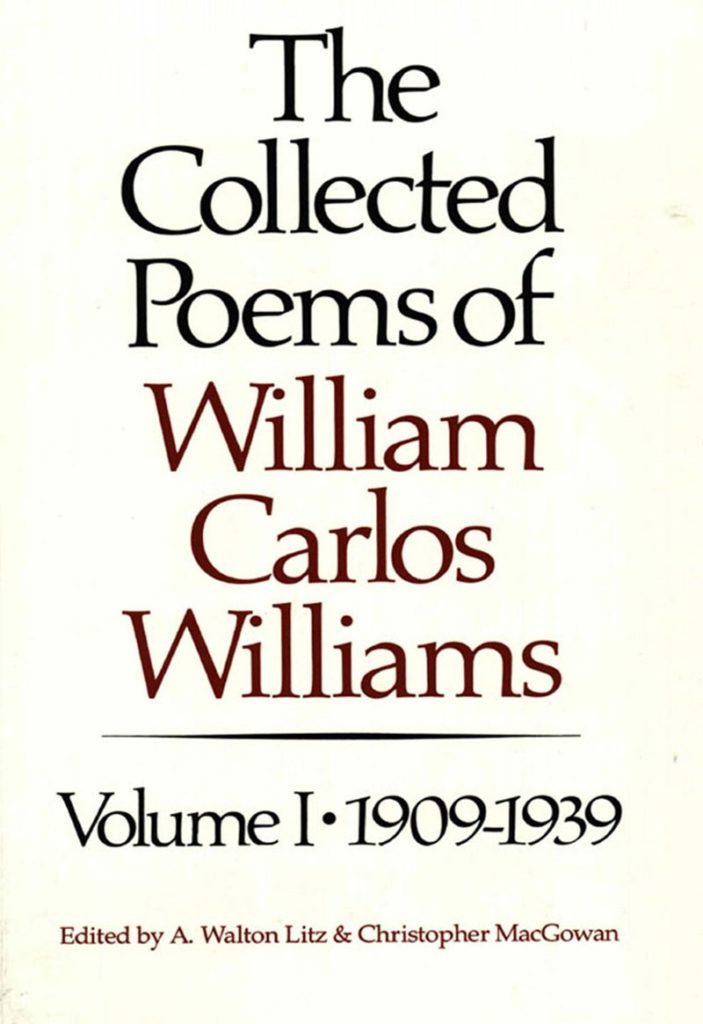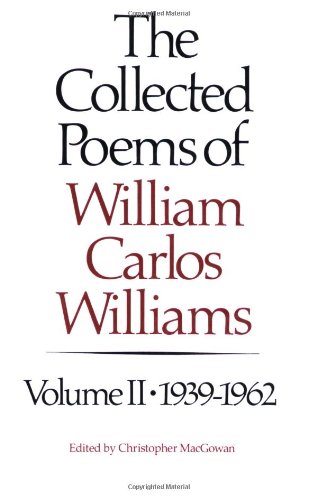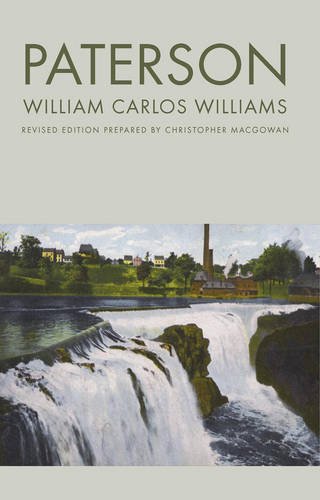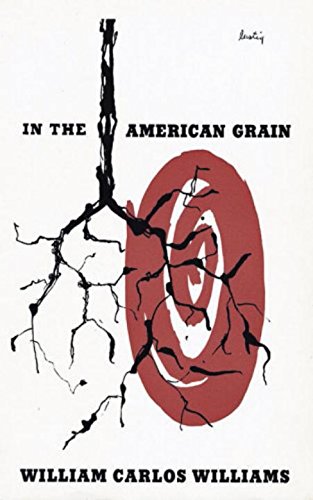About
Born in Rutherford, New Jersey, Williams was always interested in science and mathematics as a child and teenager as well as literature, writing his first poem in high school. His mother and father provided a rich literary and artistic environment for Williams. His Puerto Rican mother painted, and his English father loved literary classics, such as Shakespeare and Dante, and read them often to Williams and his brother. However, his parents held the two boys to unrealistic standards, and Williams felt the pressure of perfectionism from his idealistic yet strict parents.
Williams studied medicine at the University of Pennsylvania, where he also met Ezra Pound. Pound came to have a great influence on Williams’s life, introducing him to many influential poets, including H.D. Along with H.D. and Pound, Williams began the Imagist movement in poetry. This movement pares poetry down to the essentials, thriving on directness and materials that are familiar to a wide variety of readers. Imagism avoids high intellectual language and obscurity, as well as intricate formal structures. Williams’s first book, Poems, was published in 1909.
Williams spent his life essentially living two lifetimes in the span of one, serving as a doctor for more than forty years. He was appointed Poet Laureat in 1952, though he did not serve due to false political accusations brought against him. Williams loved people and found great inspiration in them. His poetry is filled with references to local places in Rutherford, NJ, where he worked as a family practice doctor. Williams sought to write in the language of his patients instead of that of “the English countryside.”
Williams also wrote several important prose works: In the American Grain (1925), which explores “Americanism,” A Voyage to Pagany (1928) about his 1924 trip to Europe and a view of Europe through American eyes, and The Knife of the Times about the Depression. In addition to these (and several other prose works), Williams wrote a novel trilogy based on his wife’s life.
Williams’s longest work, Paterson, the first book of which was published in 1946 (with five books in total), took Williams about thirty years to complete. Robert Lowell claimed that Paterson was the Leaves of Grass of the 20th century.
–Christie Finn
Related Information
Songs
An Address
Dorothy Chang
William Carlos Williams
Song Collection: Burning
Burning
Song CollectionDorothy Chang
William Carlos Williams
Flashes and Illuminations
Song CollectionJohn Harbison
Elizabeth Bishop
Michael Fried
William Carlos Williams
Full Moon
Dorothy Chang
William Carlos Williams
Song Collection: Burning
Full Moon
Lori Laitman
William Carlos Williams
Song Collection: Two Songs for Tenor
Light Hearted William
Lori Laitman
William Carlos Williams
Song Collection: Two Songs for Tenor
Nantucket
Ned Rorem
William Carlos Williams
Song Collection: Nantucket
Phoenix
Frank Lewin
William Carlos Williams
The Artist
Anna Weesner
William Carlos Williams
The Counter
Dorothy Chang
William Carlos Williams
Song Collection: Burning
The Dance
Ned Rorem
William Carlos Williams
Song Collection: The Nantucket Songs
The Late Singer
Tom Cipullo
William Carlos Williams
Song Collection: Singing
The Nantucket Songs
Song CollectionNed Rorem
Theodore Roethke
Christina Rossetti
William Carlos Williams
The Rewaking
Song CollectionJohn Harbison
William Carlos Williams
This Is Just To Say
Lori Laitman
William Carlos Williams
Song Collection: Plums (Two Songs)
To a Poor Old Woman
Lori Laitman
William Carlos Williams
Song Collection: Plums (Two Songs)
Two Songs for Tenor
Song CollectionLori Laitman
William Carlos Williams
Words From Paterson
Song CollectionJohn Harbison
William Carlos Williams
Books
Sheet Music
Plums (Two Songs)
Composer(s): Lori Laitman
Song(s): 1. To a Poor Old Woman
2. This Is Just To Say
Two Songs for Tenor
Composer(s): Lori Laitman
Song(s): 1. Full Moon
2. Light Hearted William





